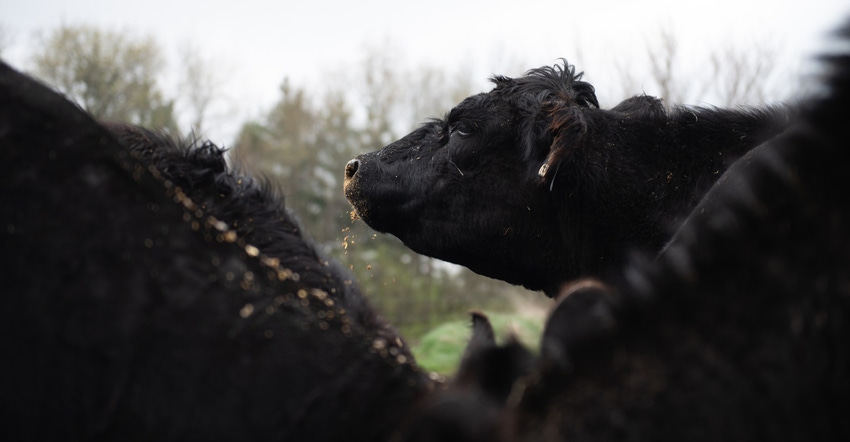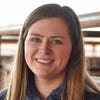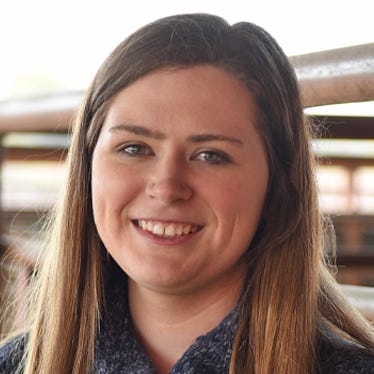
Picture this: At least 30 days post-breeding, you schedule time for pregnancy checking cows. You make it through this nerve-racking time of year and have cows that are confirmed bred — success. Now, everyone can relax until calving.
Wait. Can you?
Buzz Iliff used to think so. Iliff is a cattle producer and veterinarian at Iliff Veterinary Services near Wyoming, Ill. Then he attended a Purina Mills nutrition conference a few years ago focused on fetal programming. Fetal programming is the concept that maternal events such as stress, nutrition and environment affect calf development during gestation.
“Researchers have really looked at fetal programming for the last 10 years,” Iliff says. “We always thought once the cows were bred, you could just let them go from there. But the nutrition part of gestation is critical.”
And nutrition matters the entire time due to fetal changes throughout gestation.
“The first trimester is when all the organs form — the heart, lungs, kidneys, liver and intestines,” he says. “So, your ration really needs to be top notch and balanced with mineral, energy and protein.”
Iliff adds that by the time the organs form, the cow has entered the second trimester, and development focus switches to muscle fiber formation of the fetus. A balanced ration is just as important then as it is during the first trimester.
According to research at North Carolina State University, restriction of nutrients during the second trimester leads to less muscle fiber formation, which results in lower birth and weaning weights.
And the last trimester? Nutrition during this time is just as instrumental.
“Nutrition during the last trimester determines how the muscle fibers will be,” Iliff says. “So, if you try to short them during the third trimester, you’ll get calves with a lot less muscle mass.”
Additional findings from the North Carolina State University study show minimal maternal nutrition in the last trimester results in lower-quality carcasses with lower marbling scores.
Keep it balanced
Iliff recommends ways to keep cow nutrition balanced throughout gestation.
A very good mineral program is necessary all the way through, he says. Microminerals, macrominerals and vitamins are all important in successful fetal development.
Forage availability matters too.
Especially in the fall when pastures start to diminish, producers can implement cover crop grazing into cows’ diet, Iliff says. But make sure cattle are still getting enough energy and protein through feedstuffs such as corn and protein blocks to keep nutrients balanced.
Cows can’t handle fetal development entirely on their own, he adds. Make sure they’re receiving a balanced ration for the entire gestation and reap the benefits of a healthy, developed calf with more muscle mass.
About the Author(s)
You May Also Like






